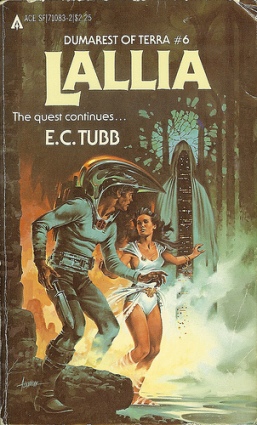Why I Read Old Science Fiction Stories? (Spoiler: For Entertainment)

What is wrong with us?
A gazillion SF&F books get published every month, and here we are reading books written by people who mostly died before we were born. And this is Science Fiction we’re talking about! Surely that’s the genre that riffs off the present to paint a plausible future, or at least an illuminating one? Why are we still reading the old stuff?
Is it because we’re wedded to some idea of “canon”? Probably not.
Sure, it’s interesting to visit the roots of a genre, but most of us want to be also entertained in our scarce leisure time. It’s why people who like theatre come back to Shakespeare for pleasure, but mostly approach Jonson and Marlow out of intellectual interest, and why I still dip into Malory’s pulpy Le Morte De Arthur, but not the ploddy Vulgate Cycle by some Medieval French guy(s?) I forget.
Similarly, aspiring authors are well-advised to see how their predecessors managed the… choreography of certain kinds of story: there’s no point in reinventing the wheel when past generations have left so many tried and tested examples just lying around. However, that presupposes that those wheels were proven in action, that they carried along stories that were entertaining.
And, yes, given how wide the field is, we’re more likely to find common ground talking about CL Moore than China Mieville: the best place to catch your mates is outside the pub, not in its murky depths. Even so, we want to be able to rant about books we loved and why… books that we found entertaining.
And there’s that word again: entertaining.
What does the old stuff have that the new doesn’t? After all, modern SF comes in meaty tomes of 100K words, generally has plausible extrapolation, and often takes us out of our comfort zone. How can 30K of often lightly characterized and emotionally distant narrative with not much contemporary significance compete with that?
Except, that’s the point, I think.